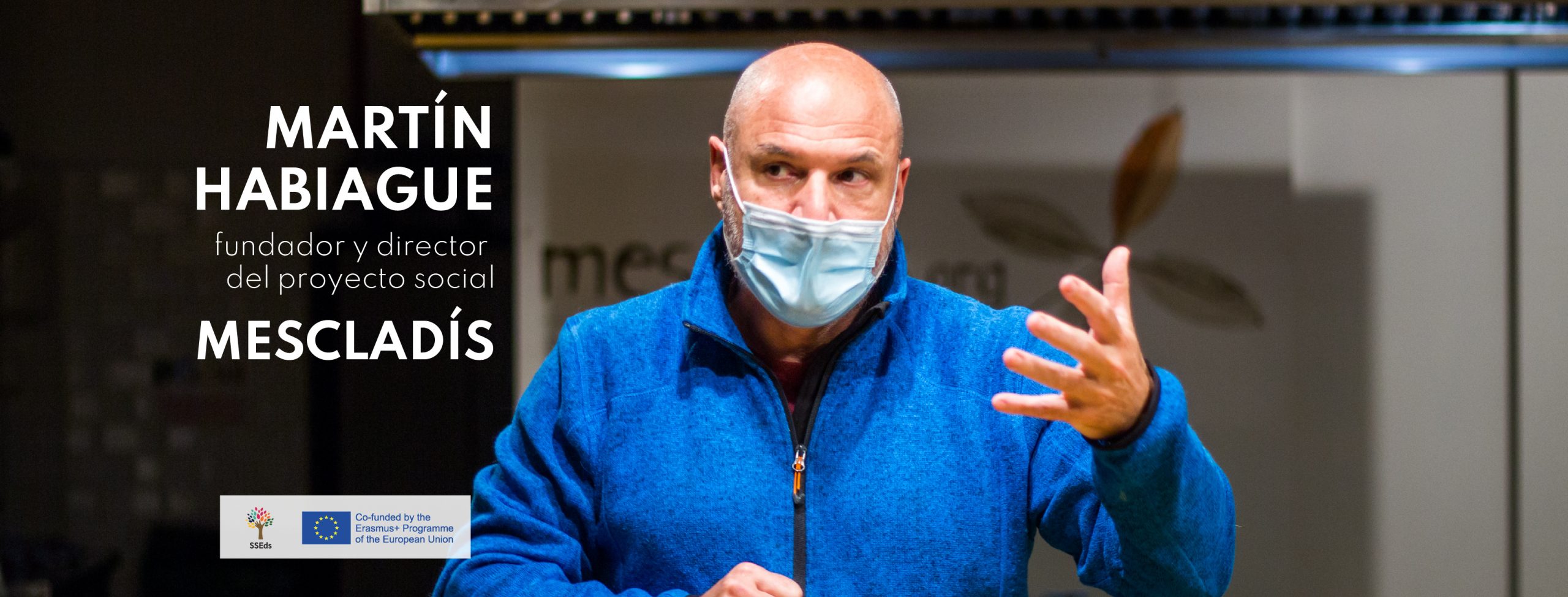In this there are issues that have to do with education and awareness, different activities that we do with the vocation of creating meeting spaces, working on fear. It is a learning process, in which we all have to work our prejudices, our fears, our racism. Put it on the table, talk about it, share it, reflect on it, learn to live in this diverse space. Even enrich each other.
We go to schools, we have different projects, we manage a Barri casal which is the Casal de Barri Pou de la Figuera, we are one of the entities that manage it. We have a line of work in the intercultural intergenerational field, we have another line for a program that we call Migrant Dialogues (Diálogos Migrantes), where we work with art as a tool to raise awareness and also to gain visibility into the projects we have done. We have already done 8 projects within the Migrant Dialogues program, because they vindicate life stories, to give it a name. From the moment you put a name and an image, a face to a story, it is the value of the personal story, of the personal story, because without that story it is very difficult to create empathy.


